While there are endless charms to owning a dog, there are also some very important responsibilities to know before taking on such a big commitment. Whether you are searching for that forever friend or adding a dog to your existing pet pack, this information pays homage to Responsible Dog Ownership Month with some need-to-know’s before taking the leap into owning a new dog.
1. The Basics
The decision to own a dog is not one to be taken lightly, so make sure to do your research and not only find a reputable breeder, but also hold out for a puppy or dog that suits the personality of your household – better yet, adopt from a shelter if you find the perfect pup! Avoid purchasing on impulse from a pet store, as many of these dogs come from backyard breeders with unacceptable practices.
Introduce your new housemate slowly, letting them acclimate to their new surroundings without stressful distractions. Though it may be hard, you may want to start kennel training your dog from the first night at home; soon they will be safe and happy having their own private space to rest and relax. It is also important to make sure your new pup has healthy food and plenty of fresh, clean water, and an opportunity to cool down while they are outside.
Before bringing your furry friend home, be prepared with these items:

Kennel

Collar

Dog Bed

Toys
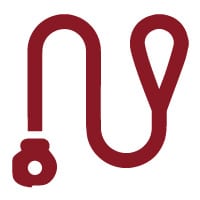
Leash

Healthy Food
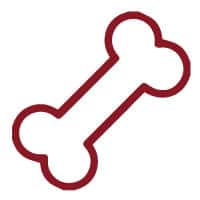
Bones & Treats

Food & Water Dishes
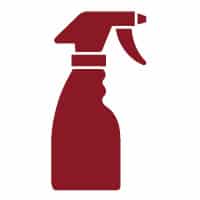
Enzyme Killing Pet Stain Cleaner
2. Safety First
Now that you know the basics, let’s discuss keeping your dog where they belong – by your side! First things first, make sure your dog has a properly fitting collar with an identification tag that contains your contact information, rabies vaccine certification, and city license tag. This is a necessity to wear any time your pet will be outside the home.
Also, make sure your dog is leashed with a regular, non-retractable leash while in public to prevent injury to your dog and others. If you plan on letting your dog go leash-free in your backyard, make sure it is properly secured and there are no holes in or under the fence that your dog can fit through.
We also suggest that you consider your dog; it’s a simple procedure that will ensure they can be identified and returned to you, even if their collar is removed.
3. Health
Proper veterinary care is essential to keep your dog happy and healthy for years to come. Most dogs require a yearly appointment to administer necessary vaccines and check up on their general well-being.
Puppies, seniors and special needs dogs should visit the vet more often to monitor the changes that happen very rapidly in the young and geriatric, as well as dogs with diagnosed conditions. Once your dog is old enough, it is also important to spay or neuter them to prevent both unwanted litters and adolescent behavior problems.
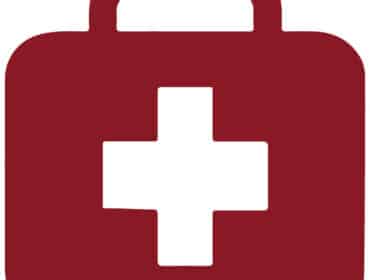
You will also want a pet first-aid kit on hand for small accidents, which should include:
- Absorbent gauze pads
- Adhesive tape
- Antiseptic wipes
- Foil blanket
- Cotton balls
- Hydrogen peroxide
- Clotting powder
- Ice pack
- Non-latex disposable gloves
- Petroleum jelly
- Rectal thermometer
- Scissors
- Saline solution
- Tweezers
- Self-stick bandages (which stick to themselves, not fur)
4. Grooming & Dental Care
Proper grooming and dental care will not only assure a cleaner house, it also means a happy, healthier dog. Bathe and brush your furry friend regularly to cut back on shedding and keep their coat from becoming dirty, tangled and matted, or worse yet, developing skin conditions caused by infrequent bathing and brushing.
Though it may seem small, regular at-home dental care is necessary to keep your dog’s vital organs running efficiently and to prevent bad breath, painful chewing, and tooth loss. You will want to brush your dog’s teeth with a toothpaste specially made for dogs or give them dental chews at least three times a week, on top of periodic professional dental cleaning when suggested by your veterinarian.
Additionally, keep your dog’s nails trimmed to keep them from getting too long, to prevent injury to his feet and breaking, which may cause infection. You can have a groomer take care of this or you can do it yourself; just make sure to keep clotting powder on hand in case of over-trimming.
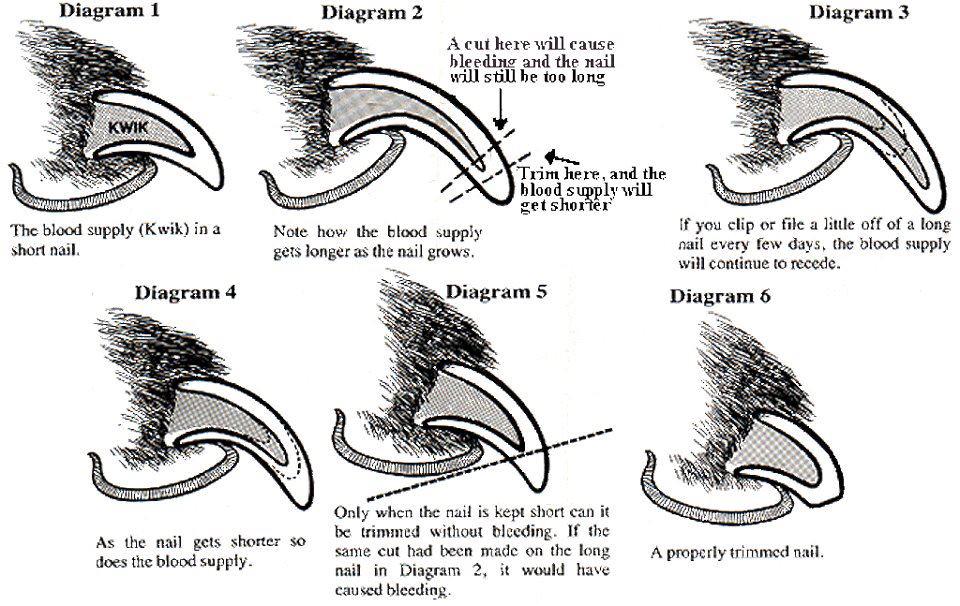
5. Training
While obedience training may seem like a luxury, it is very much a necessity for all dog breeds. Proper leash-training is just one of many things your dog will learn from a great reward-based trainer, and it can be hard to master on your own because of positive cues that dogs learn when they pull, especially when using a retractable leash.
Learn the top three tips for choosing the best trainer here and reap the benefits, which include strengthening your bond with your dog, preventing and correcting unwanted behaviors, and overall creating a well-balanced, happier dog.
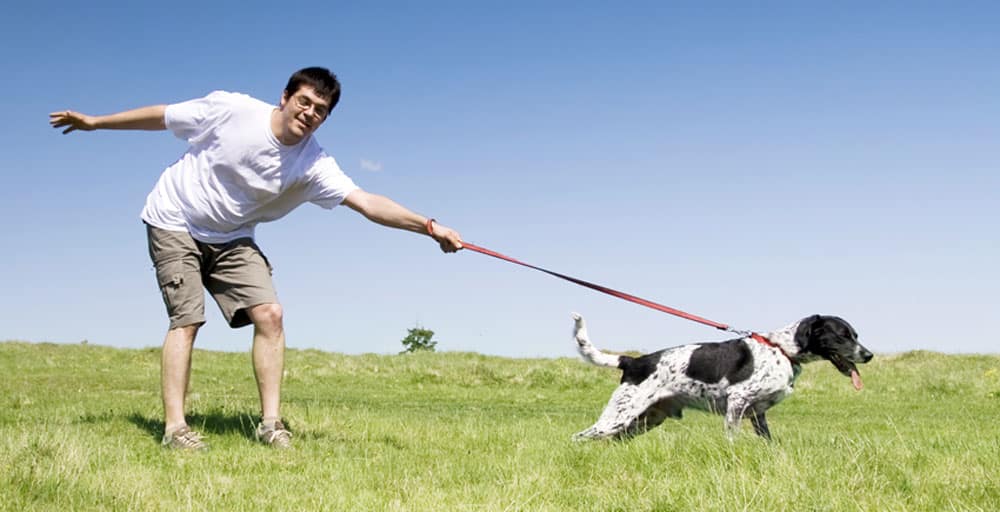
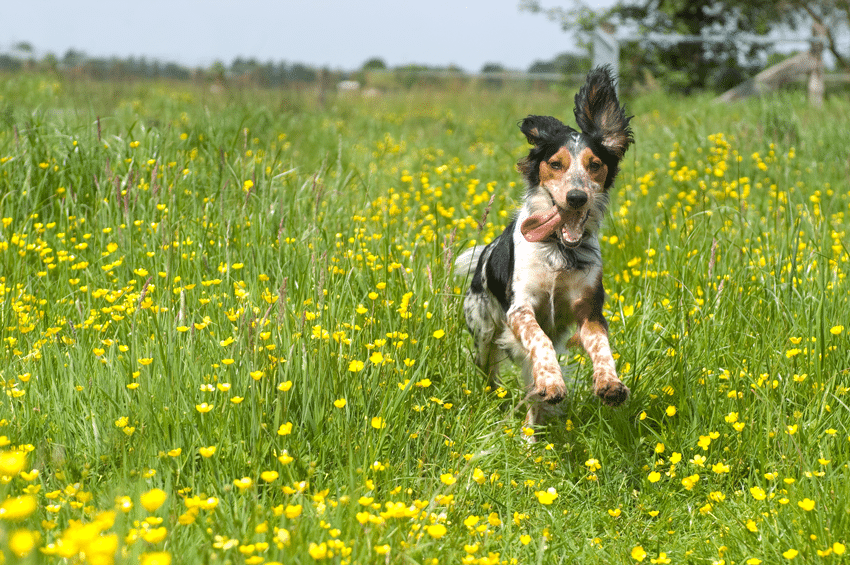
6. Exercise
Last but not least, get up and get active! Taking your pooch for a walk at least once a day is important not only physically, but mentally as well. Many behavior problems arise out of boredom, and a quick walk is just what your vet (and the trainer) will suggest to cure the behavior blues. Keep in mind that exercising your pet daily is a necessity regardless of size, from Chihuahuas to Great Danes.
While there are many responsibilities that go with owning any pet, their unconditional love and uplifting company more than make up for it! Whether you are on the brink of bringing home a new furry friend or a seasoned dog-owning expert, we are here to help and answer any questions you might have. Contact us today at 701.757.3500.



